Logging into your bank account and seeing a negative balance can be one of the most stress-inducing experiences of your life, especially if that negative balance climbs into the thousands (or higher).
Cash App users bumped up against this issue more than once in 2023, with the first occurring in early summer and the second happening again right before the turn of the season. Both times users were hit with negative balances, but in the case of the second scenario, things took a far more nefarious turn.
June 2023: A glitch resulted in multiple double charges for Cash Card holders
On Monday, June 26, a number of Cash App customers filed complaints with the mobile payment service after a glitch resulted in Cash Card holders being double charged for purchases. Cash Card is a free debit card that pulls funds from a person’s Cash App balance as opposed to their bank account.
Cash App customers took to X (formally known as Twitter) to complain about the issue, trying to determine whether it was with Cash App or fraud on the part of the retailer, per USA Today. However, after several small business owners added their voices to the conversation, saying they were being erroneously accused of double charging their customers, it quickly came to light that the onus fell on Cash App.
Cash App eventually released a statement acknowledging the issue and vowed to refund any double charges.
Sept. 2023: Things took a turn for the worse as people tried to scam Cash App out of millions of dollars following another glitch
On Thursday, Sept. 7, Cash App underwent another glitch, this time affecting users’ ability to send payments, make purchases with Cash Card, buy Bitcoin, and more. Like before, the issue was resolved within 24 hours, but for many people, the damage had already been done.
Sleuthy Cash App users discovered that during this glitchy period, they could add exorbitant amounts of money to their Cash App balance without funds being pulled from their banking institution. Moreover, not only could they withdraw these funds into their bank accounts, but they could also make payments at online retailers such as Amazon and even food orders at McDonald’s.
The height of these exploits knew no bounds as some Cash App users even reported pulling out as much as $40,000. Unfortunately, once the glitch was fixed and Cash App became privy to these illegal hacks, users began seeing a negative balance in their accounts.
More than several Cash App users are now looking at thousands upon thousands of dollars of debt. Any sensible person may now be wondering what will happen to those with overdrawn accounts. TikTok user @seansvv took it upon himself to read Cash App’s terms of service to find out, something the money-hungry hackers should have done before trying to swindle a multi-billion dollar company out of money.
Per Cash App’s terms of service, after 45 days of an overdrawn account, Cash App will begin steps to retrieve the money. This starts first with pulling funds out of linked accounts, such as debit cards, credit cards, and bank accounts. After 45 days of an overdrawn account, users forfeit the right to stop these payments. Finally, Cash App ends with this sobering detail.
“We might contact you or take other legal actions to collect amounts due.
The Company may freeze, withhold, or remit funds in your Account in response to a subpoena, court order, search warrant, notice, or other binding order from a governmental authority or third party, including but not limited to tax levies, garnishment orders or lien notices.”
In other words, things aren’t looking good for those who tried to sneak in through the proverbial back door and steal some cash from the register while the Cash App guards were away. The best thing to do here is tip-toe back in, politely apologize, and return what you stole before it’s too late.
Oct. 2023: It was revealed that the glitch could have been fixed much earlier, but Cash App didn’t take action
A Reddit named yahboyelias explained that he had noticed and reported the Cash App glitch to the company over a year ago. The company said that they were not able to find anything when they looked into it. Flash forward to a couple of months later, people discovered the glitch and exploited it – causing Cash App to go down. The user who found it was a hacker who wanted a bounty, but Cash App decided not to act on it and pay them – causing them a massive headache down the road.

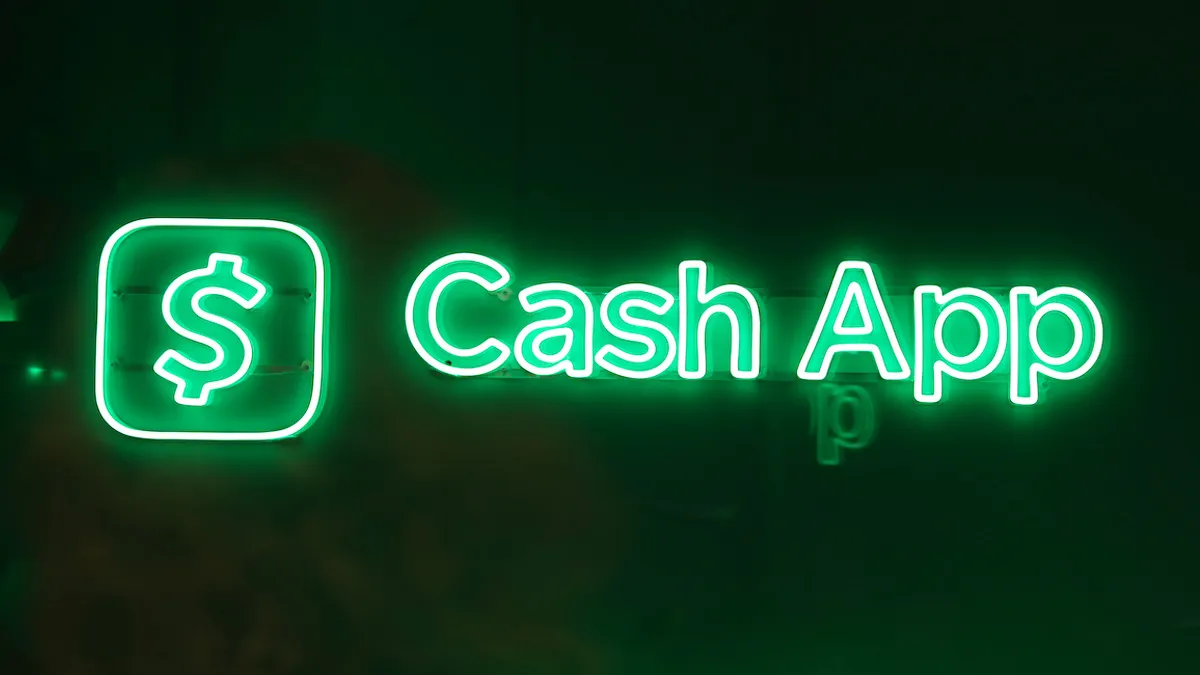
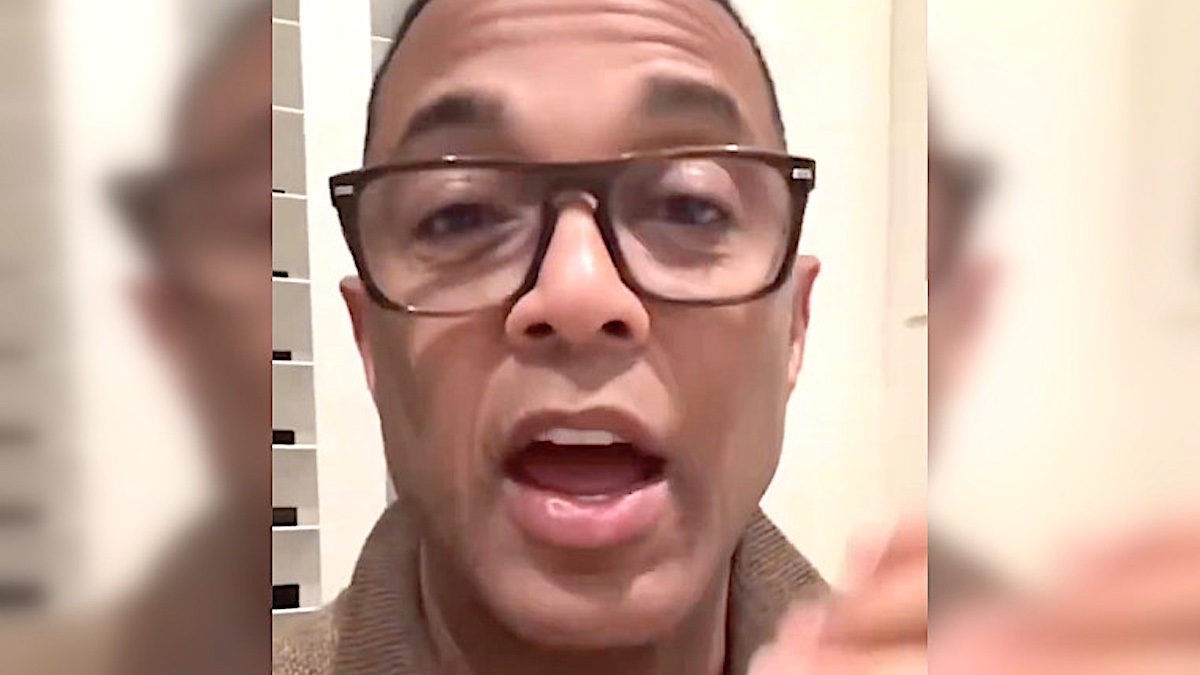
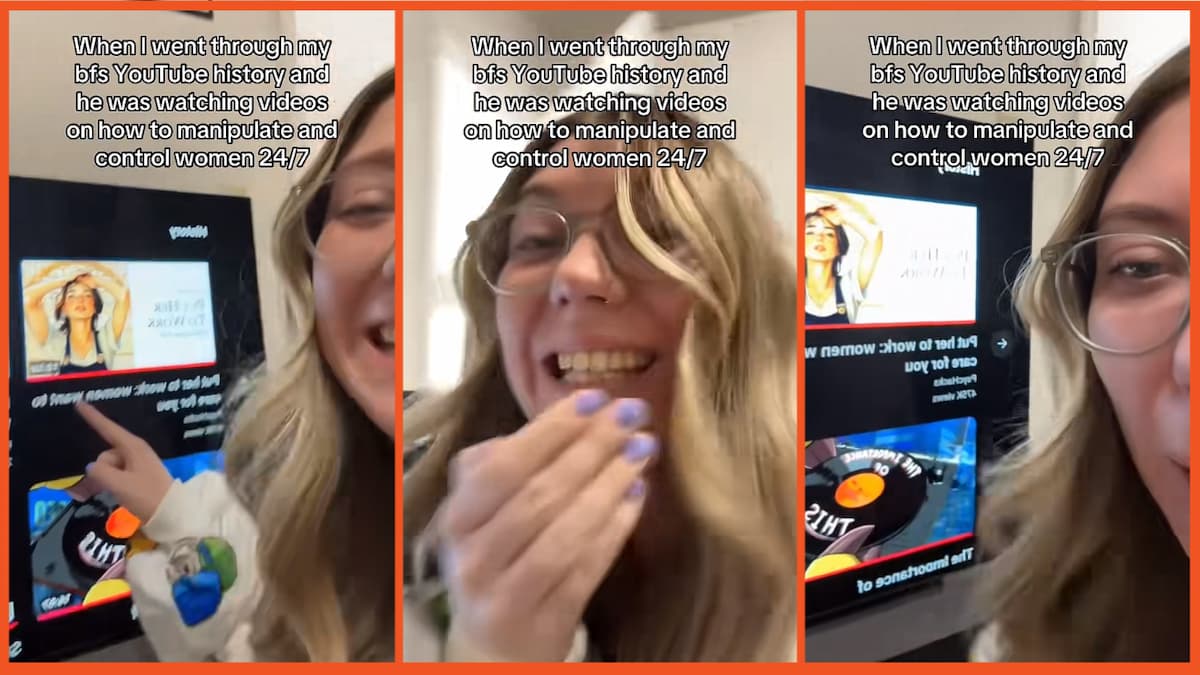
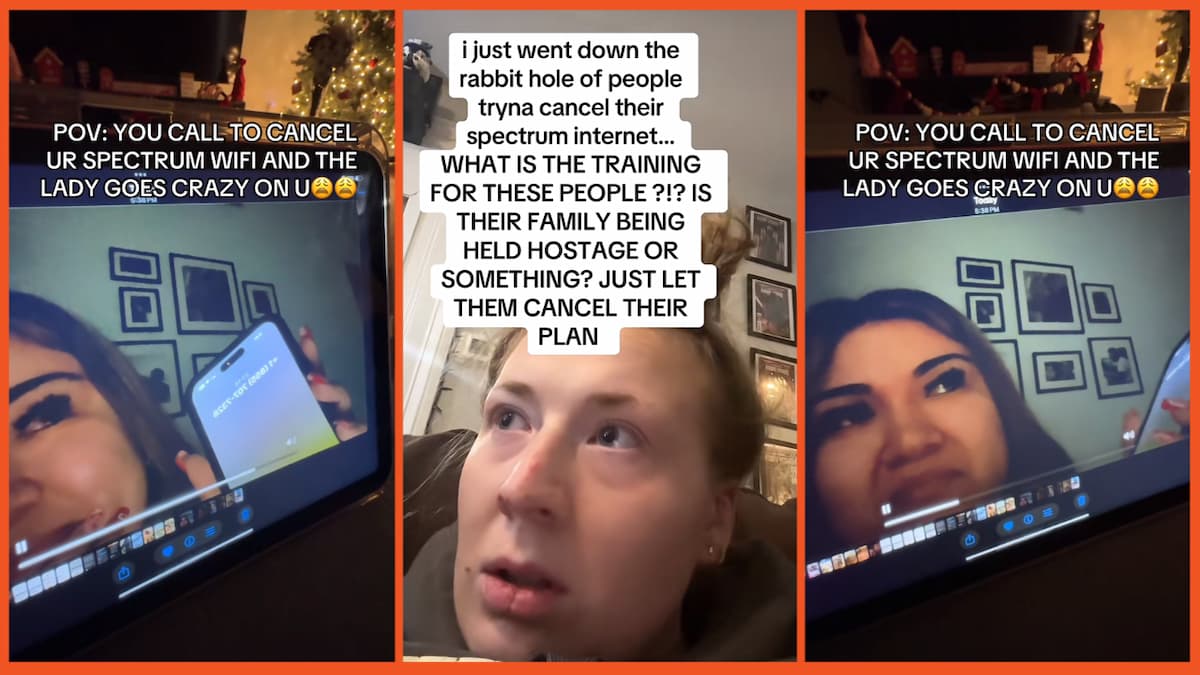
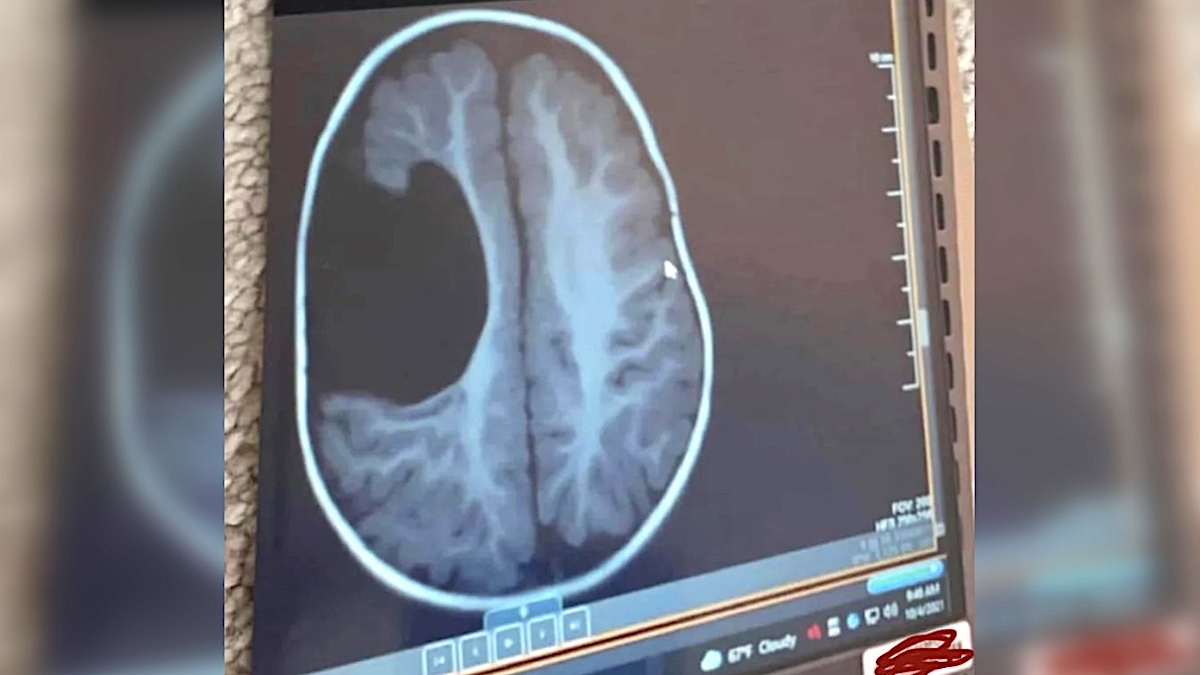


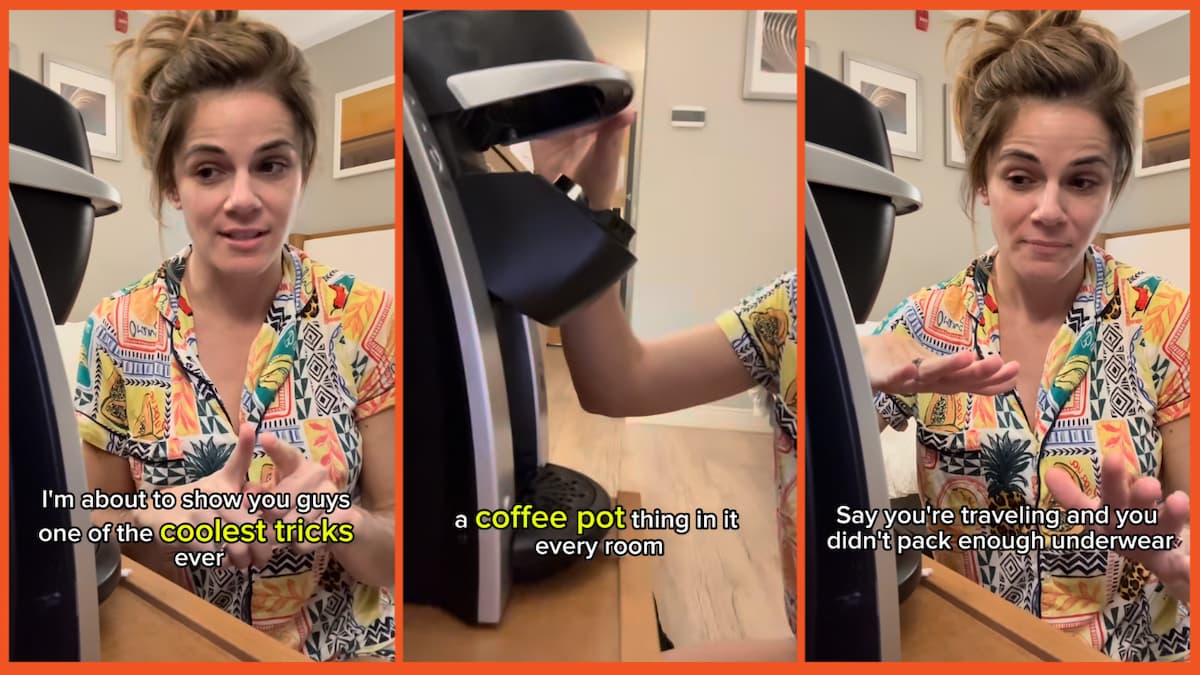
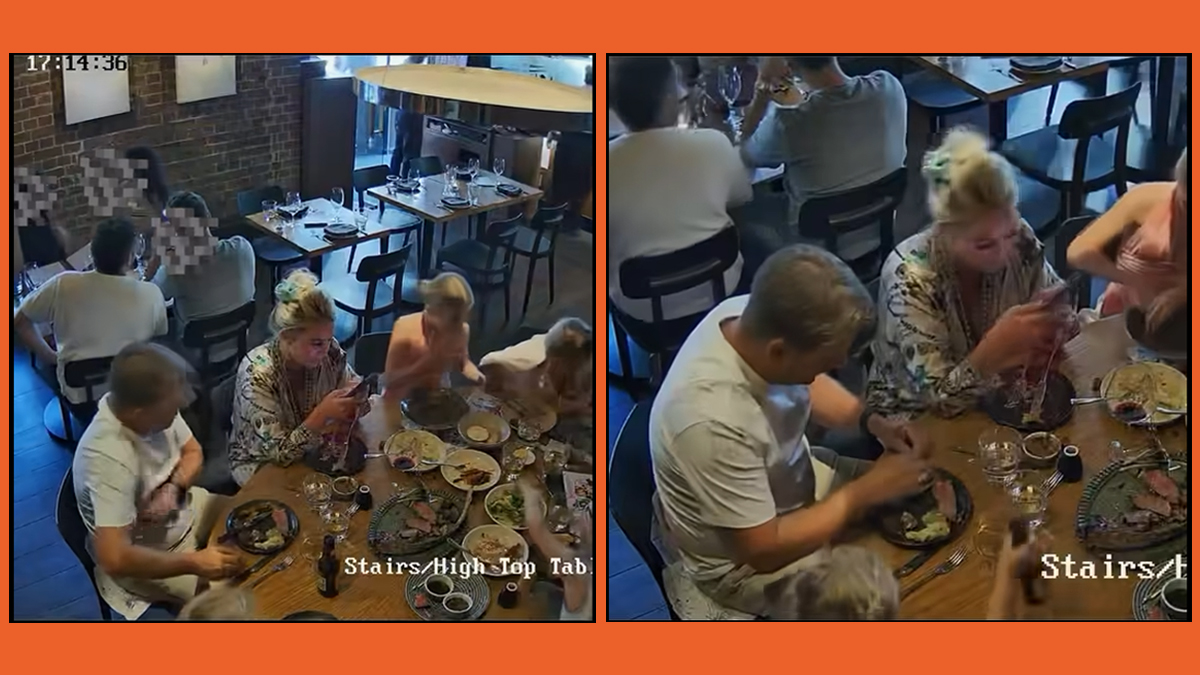

Published: Nov 17, 2023 01:21 pm